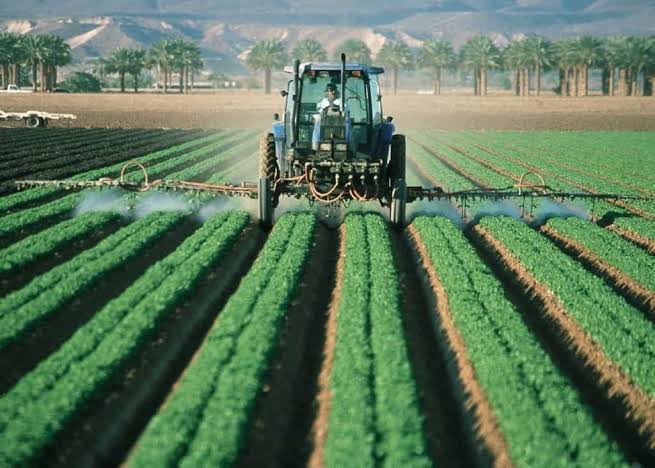Business
SA Farmers Brace for Heavy Losses as US Tariffs Kick In

South Africa’s agricultural sector is staring down one of its toughest export challenges in years. From Friday, US President Donald Trump’s 30% tariff on certain South African agricultural goods takes effect, threatening markets that many farmers have spent decades building.
While the US only accounts for a small slice of South Africa’s total agricultural exports roughly 4 to 6% the pain will be felt sharply in specific, high-value products like citrus, wine, grapes, nuts, and raisins. For many family-run farms, these aren’t just numbers; they’re livelihoods.
A Sudden Shift for Long-Term Planners
Francois Rossouw, CEO of the Southern African Agri Initiative (Saai), says the tariff blindsides farmers who plan production cycles and investments years in advance. Overnight, their pricing advantage in a key market has evaporated.
“For many family farmers, this will mean a sudden loss of competitiveness,” Rossouw explains. “We expect export volumes to the US to decline significantly in the short term, especially for products that can’t absorb a 30% price penalty.”
The fallout could mean revenue losses ranging from hundreds of millions to over a billion rand, depending on how long the tariffs remain and whether US buyers turn to cheaper suppliers in South America or Australia. And because industries like citrus and table grapes are labour-intensive, job cuts in farms, packhouses, and logistics could follow quickly.
Not All Products Hit Equally
Theo Boshoff, CEO of the Agricultural Business Chamber (Agbiz), notes that while South Africa exports a variety of products to the US, some regions and commodities are more exposed than others.
“Citrus, wine, table grapes, raisins, macadamia nuts, fruit juice, onion seeds, ostrich products, and sugar are among the most affected,” he says. The challenge isn’t just the extra cost, it’s competing against countries like Turkey and Chile that face lower tariffs and can undercut South African prices.
Boshoff warns that diverting goods to other markets could cause oversupply, pushing prices down and sparking new competition with local farmers in those regions.
Fears of Job Losses in Rural Communities
For farming association TLU SA, the human cost is clear. General manager Bennie van Zyl says the citrus industry, in particular, is at risk because of its heavy reliance on seasonal labour.
“We are going to lose jobs if they cannot export to the United States anymore,” he warns. Rural economies, already under pressure from rising input costs and erratic weather, could see unemployment climb even higher if orders dry up.
Industry bodies have been working with government since May to negotiate relief, but hopes for a quick resolution are fading. Farmers now face a two-front battle: finding new buyers while trying to keep their existing US market presence alive.
On social media, frustration is running high, with some calling the move “a death sentence for small farms” and others urging consumers to “buy local” to help absorb the shock. But as one Limpopo citrus farmer put it in a Facebook post: “We can sell locally, yes, but the prices we get here can’t keep the farm running.”
The next few months will reveal whether South African agriculture can adapt or whether the 30% tariff marks the start of a slow erosion of one of its most profitable export markets.
{Source: IOL}
Follow Joburg ETC on Facebook, Twitter , TikTok and Instagram
For more News in Johannesburg, visit joburgetc.com



























